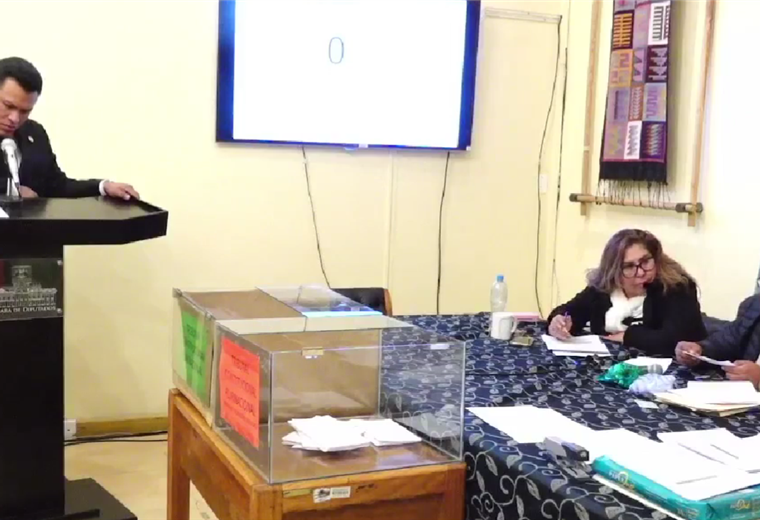Senate President Rodrigo Pacheco (PSD-MG) commented this Friday (19) on the global cyber blackout that impacted operating systems of companies and services in several countries, including airlines, banks, hospitals and media channels. A failure in updating content related to the security sensor CrowdStrike Falconwhich is used to detect possible hacker attacks and is used by companies such as Microsoft, owner of Windows – widely used in computers – was the cause of the outage, which caused chaos in airports in North America and Europe.
Brazil was also hit, with failures in banking applications and hospital systemsbut on a much smaller scale than on other continents.
“We are concerned about the effects of the cyber blackout that affected transportation, health and banking operations in regions around the world and in Brazil. Those responsible must act quickly and transparently to restore services and, above all, to ensure adequate security for users. Connectivity contributes to the broadening of essential everyday services. But when there is a failure, the chain reaction is harmful to thousands of people,” said Pacheco, in an official statement.
Author of the bill that regulates artificial intelligence in Brazil (PL 2.338/2023), Pacheco asked that the country approve legislation for the sector. CrowdStrike, the company responsible for the flaw in Windows systems, uses artificial intelligence to improve its cybersecurity services.
“This environment alerts us to the risks of cybersecurity, and reminds us that it is essential to regulate artificial intelligence, a project I authored, so that we have a clearer, safer and more appropriate scenario in relation to the use of virtual tools and their practical effects on society,” he added.



















